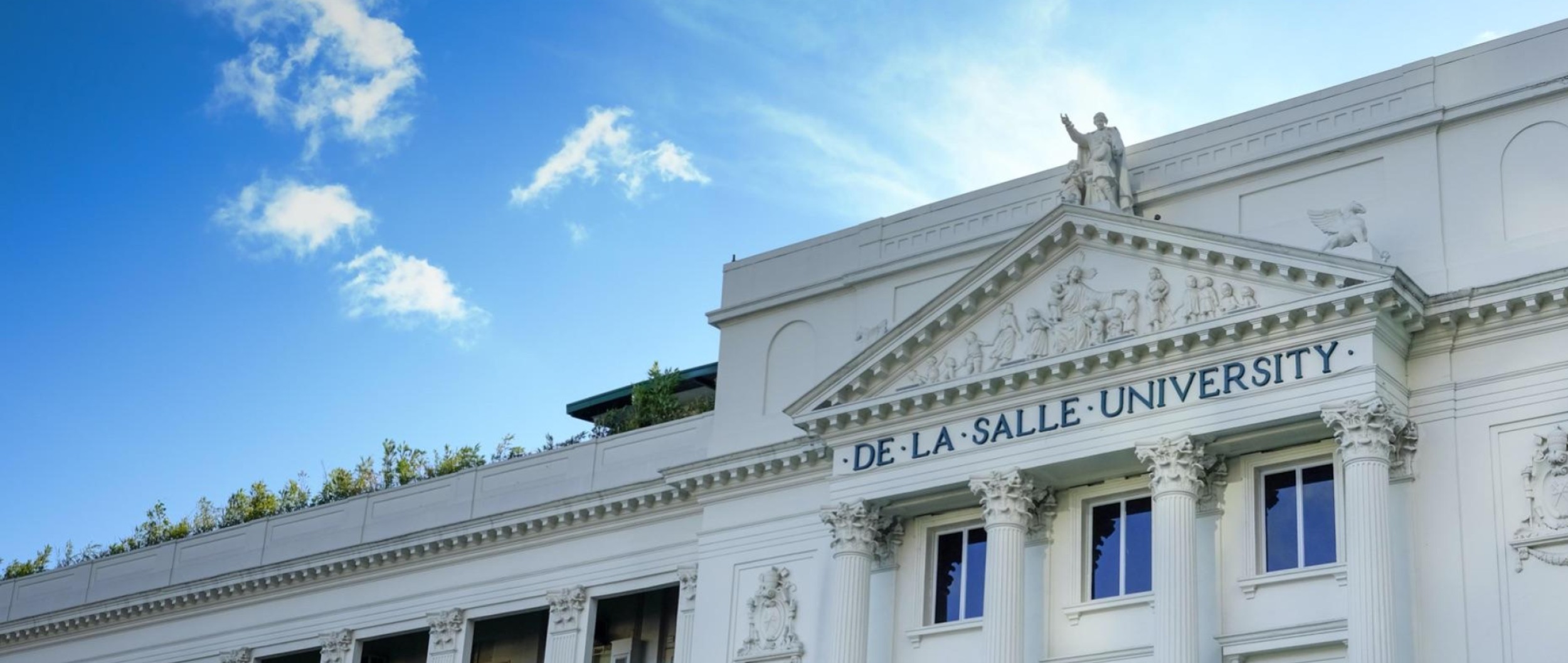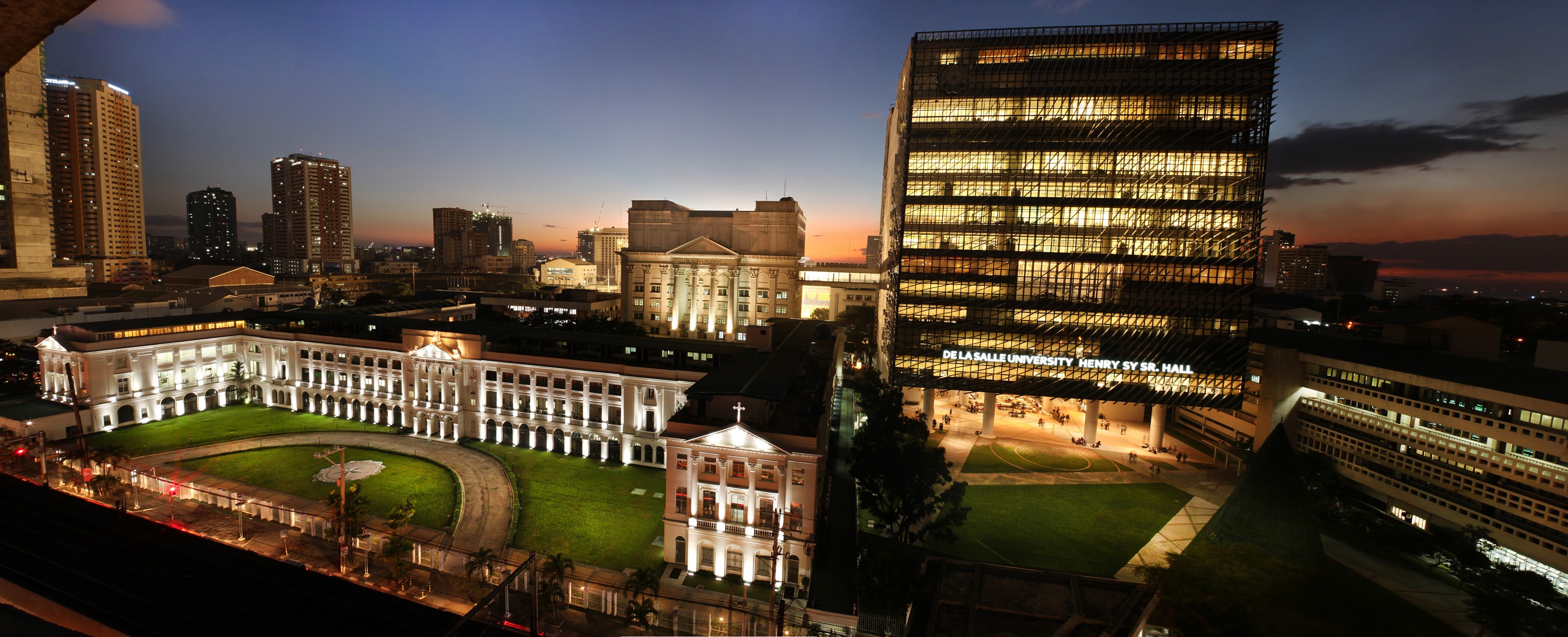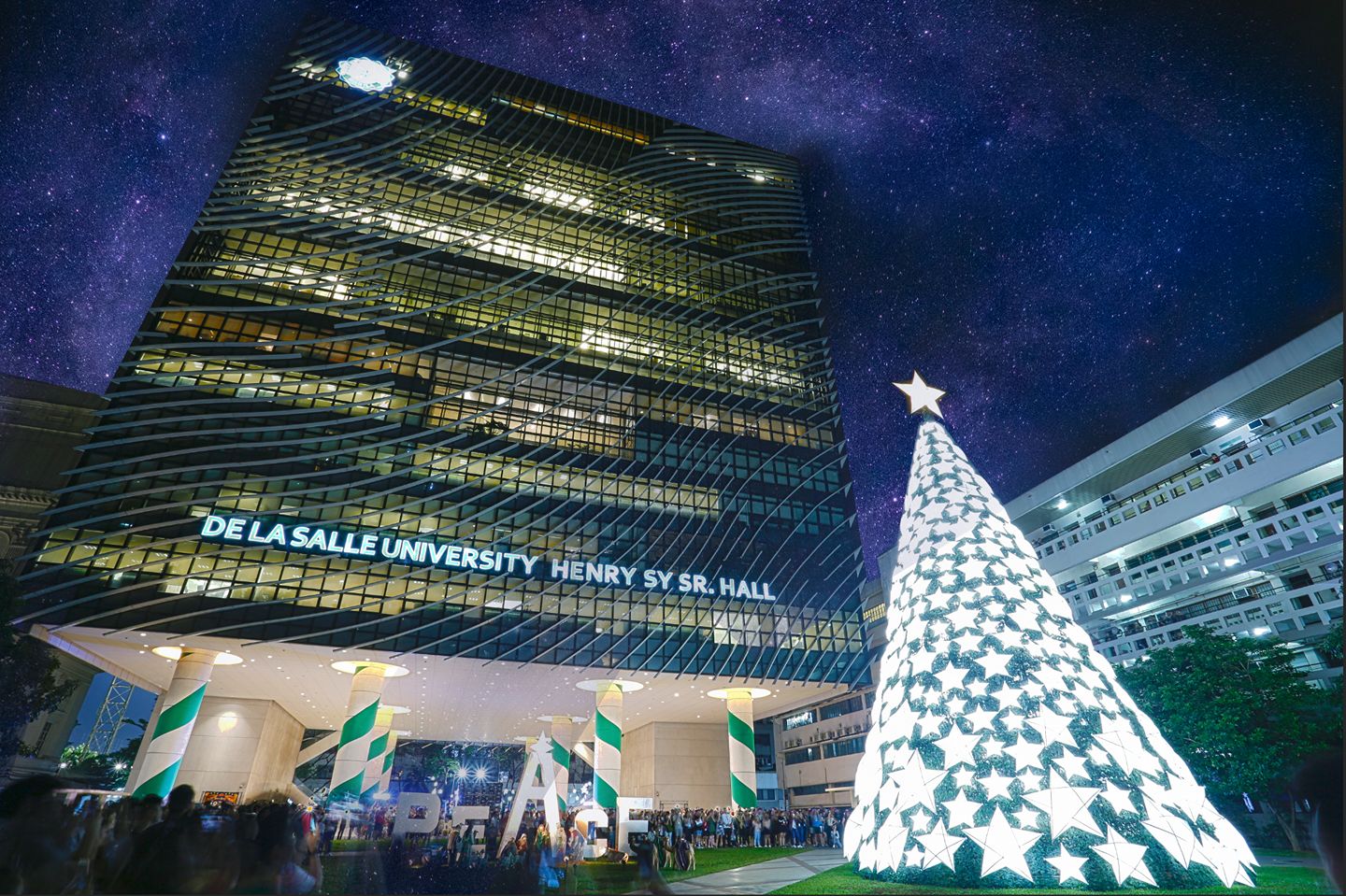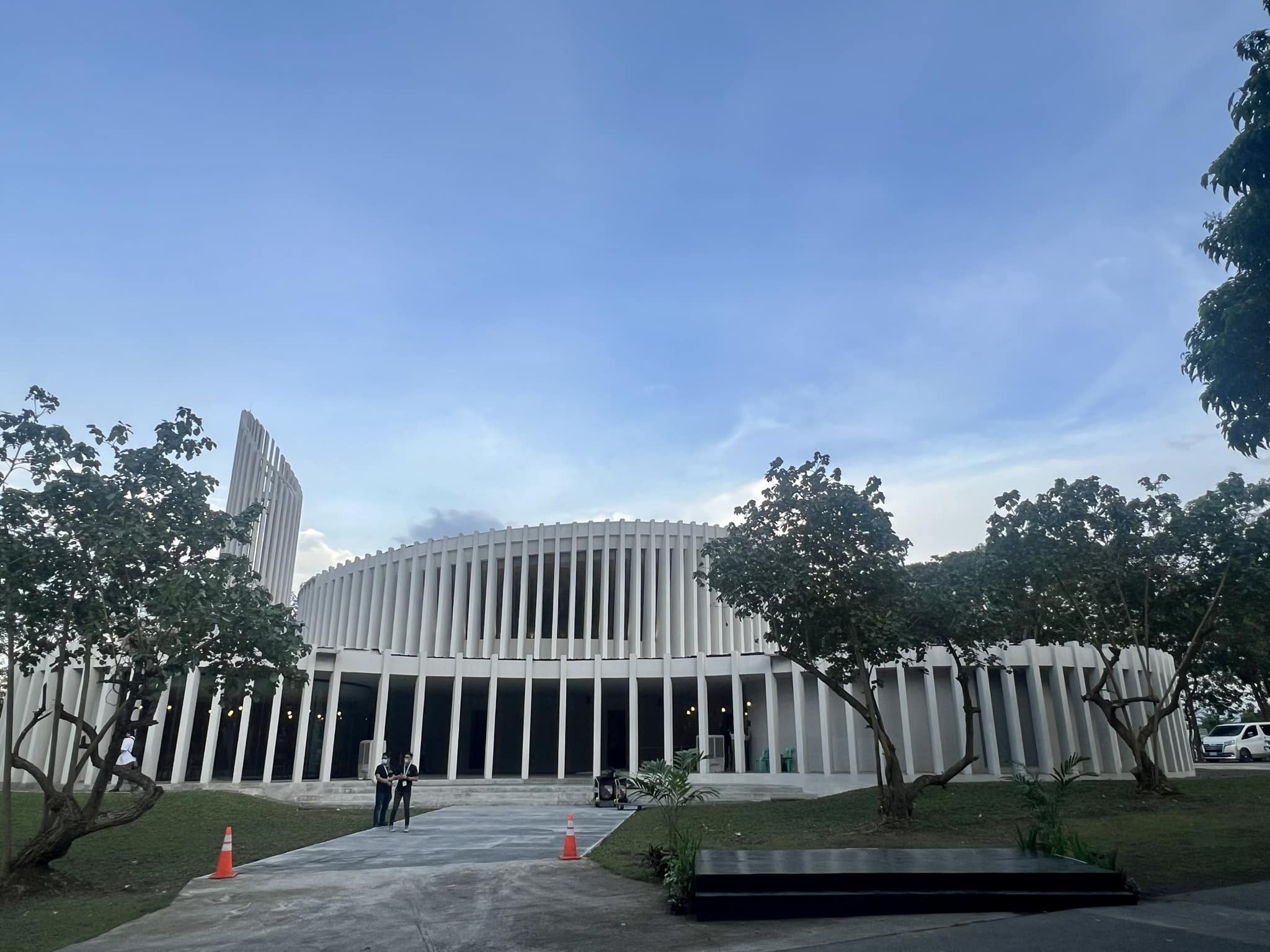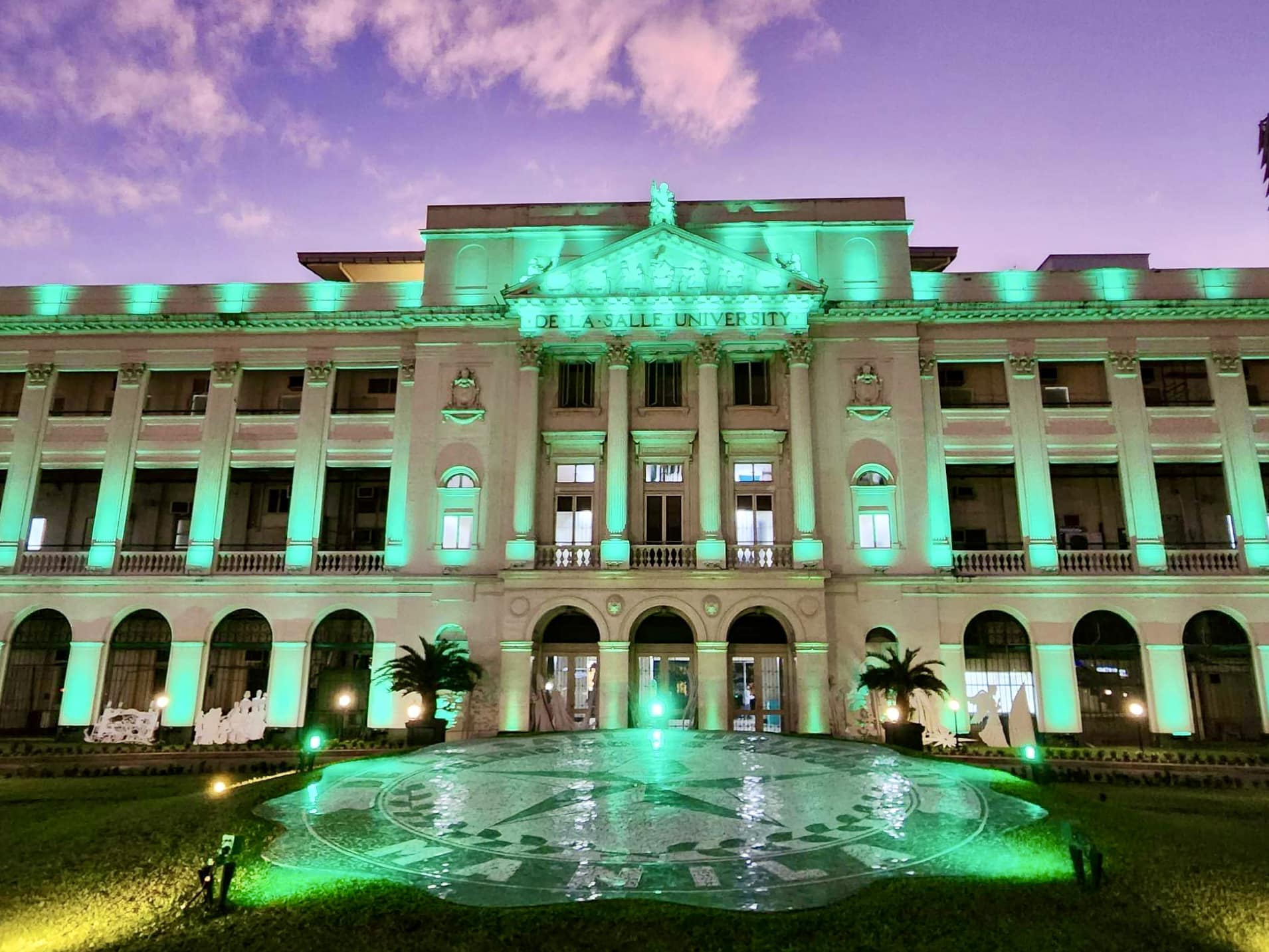Program Checklist/ Flowchart
Core
ABS561D Classical Social Theories
ABS562D Contemporary Social Theories
ABS563D Foundations of Social Institutions and Social Organizations
ABS551D Advanced Social Research Methods 1
ABS567D Foundations and Theories of Human and Social Capital
ABS553D Advanced Social Research Methods 2
Major
Track 1: Family Health and Population Dynamics
ABS603D Family and Society Major
ABS605D Contemporary Issues in the Family
ABS615D Culture Health and Population Dynamics
ABS611D Biological and Social Foundations of Health
ABS619D Legal Frameworks of the Population and the Family
ABS679D Research Utilization and Policy Advocacy
Major
Track 2: Organizational and Social Systems Development
ABS682D Sociology of Complex Organizations
ABS673D Planned Change in Organizational Setting
ABS676D Human Dimensions of Corporate Planning
ABS671D Organizational Behavior and Organizational Theories
ABS678D Program Development Management and Evaluation
ABS675D Organizational Ethics and Social Responsibility
Major
Track 3: Educational Sociology
ABS691D Philosophy of Education
ABS698D History of Philippine Educational System
ABS697D Contemporary Issues in Basic and Higher Education
ABS694D Sociology of Education
ABS682D Sociology of Complex Organizations
ABS695D Education and Public Policy
ABS951D – ABS956D Dissertation Writing 1 to 6
Additional courses for applicants without Master’s degree in Sociology:
Workshop on Social Research Methods 1
Workshop on Social Research Methods 2
Special Topics in Contemporary Social Theories
Special Topics in Classical Social Theories
Course Description:
Core Courses
ABS561D (Classical Social Theories)
3 units
Examines classical theoretical traditions in Sociology The course explores the historical formation of the significant developments within each theoretical perspective This course also deals with the crises and controversies among classical theories and the analyses of these theories as applied to the study of society and social interaction
ABS562D (Contemporary Social Theories)
3 units
Examines contemporary theoretical traditions in Sociology The course explores the historical formation of the significant developments within each theoretical perspective This course also deals with the crises and controversies among contemporary theories and the analyses of these theories as applied to the study of society and social interaction
ABS563D (Foundations of Social Institutions and Social Organizations)
3 units
Discusses concepts principles theories and research regarding social institutions and organizations and their development It also deals with the influence and confluence of institutions and organizations in the human society
ABS567D (Foundations and Theories of Human and Social Capital (for HSCF)
3 units
In recent both scholars and policymakers have expressed a remarkable amount of interest in the concepts of human and social capital and civil society A growing body of research suggests that the social networks community norms and associational activities signified by these concepts can have important effects on social welfare political stability economic development and governmental performance This course examines the roles played by these networks norms and organizations in society
ABS551D (Advanced Social Research Methods 1)
13 units
This course deals with logic of quantitative data analysis including measures of central tendency and dispersion measures of association bivariate and multivariate statistics tests of significance for appropriate levels of measurement It also presents problems and issues in quantitative sociological research methods Students are expected to learn how to conceptualize and design their own quantitative research projects Students also learn to use statistical software package for social research
ABS553D (Advanced Social Research Methods 2)
3 units
This course deals with the logic of qualitative research methodology It presents various techniques and tools to be used as well as how to conduct analysis It also discusses problems and issues in qualitative sociological research methods Students are expected to learn how to conceptualize and design their own qualitative research projects Students are also introduced to qualitative analysis software for social research
Major Courses
Track 1: Family Health and Population Dynamics
ABS603D (Family and Society)
3 units
This course discusses family as a basic unit of society Family will be examined as a socio-cultural construction and interactive system and organization and a social institution Topics include family patterns in various cultures relationships within the family family influences on personality development marital roles mate selection parent-child relations family dissolution and reorganization
ABS611D (Biological and Social Foundations of Health)
3 units
The course provides an overview of the structural and functional basis of health and illness disease conditions with higher prevalence and where the socio-behavioral components are critical for control or management will be selected for illustration Wherever possible a gender perspective will be incorporated in the approach to the subject The lifecycle approach is used in discussing the developmental changes leading causes of morbidity and mortality and other important health issues in the intra-uterine infancy childhood adolescent adult and senescent phase in life The biological foundations and the socio-behavioral aspects of health promotion and disease causation are described in the different stages across the life span
ABS615D (Culture Health and Population Dynamics)
3 units
This course examines social and cultural factors affecting the health of human populations This study examines the social organizations and socio-cultural processes related to wellbeing and sickness in various societies
ABS605D (Contemporary Issues in the Family)
3 units
This course involves students to the exploration of various contemporary issues facing families Includes family history transnational families research and theory regarding changing gender roles family violence and abuse divorce single parenting work families sexual orientation non-traditional families and other relevant issues
ABS619D (Legal Framework of Population and the Family)
3 units
The course examines some of the most significant Supreme Court decisions covering population and family issues and concerns Students will have the opportunity to conduct a policy review involving population and the family
ABS679D (Research Utilization and Policy Advocacy)
3 units
This course focuses on student’s abilities to refine their critical/analytical skills in evaluating research for applicability to policy advocacy Students will examine the role of evaluation action research and research findings in assuring quality in policy formulation and in solving relevant problems
Track 2: Organizational and Social Systems Development
ABS682D Sociology of Complex Organizations
3 units
This course examines ways in which rules power and informal norms shape behavior in organizations It also looks at the various types of organizational structures in different social environments and factors influential to the formation of complex organizations Attention to alternative organizational theories is complemented by the study of specific business governmental and non-profit organizations
ABS671D Organizational Behavior and Organizational Theories
3 units
This course is designed to expose the student to the fundamental principles with which to understand human behavior inside organizations The course examines various theories developed in an attempt to explain and predict employee behavior in an organizational context
ABS673D Planned Change in Organizational Setting
3 units
This course applies the general systems and organizational behavior theories to the problems of organizational change and development in labor and industrial relations Emphasis on the roles of leadership and change agents
ABS676D Human Dimensions of Corporate Planning
3 units
While corporations favor the rational objective and technical expertise in decision making this course aims to provide the students the framework of looking at the value of examining the value of the human dimension in corporate planning and implementation It also aims to discuss the importance of participatory leadership and the importance of feedback in organizational planning as well as the tools needed to achieve it
ABS678D Program Development Management and Evaluation
3 units
The course deals with the concepts principles methods tools and techniques and theories and frameworks used in planning managing and evaluating programs It also discusses the various issues involved in program planning and management as well as management of change within the program quality assurance initiatives including monitoring and evaluation of program outputs and outcomes
ABS675D Organizational Ethics and Social Responsibility
3 units
This course provides a foundational perspective for socially responsible management practices in organizations Special emphasis is placed on the inter-related nature of ethics moral legal and social issues in managing individuals groups and the organization within a business environment
Track 3: Educational Sociology
ABS691D Philosophy of Education
This course commences with basic questions that underlie the purposes of formal and non-formal education Global perspectives on values beliefs and goals of education will be examined from ancient days through current theorists The course culminates with the student’s developing a personal philosophy of education that emerges from the study of various philosophies ethical theories and purposes of learning
ABS694D Sociology of Education
The course provides a venue to discuss a wide range of both practical and conceptual issues in education and professional teaching It examines current problems and controversies in Philippine education particularly issues involving quality and equality The course explores the reciprocal influence between educational institutions and other institutions in society
ABS698D History of the Philippine Educational System
This course discusses the evolution of the Philippines Educational System It also examines the stages of development from the past to the present system of Philippines education and the various factors influential to its evolution
ABS697D Contemporary Issues in Basic and Higher Education
This course involves students in the exploration of various contemporary issues facing basic and higher education Includes quality of education access to education research and theory regarding changing gender roles and inequality migration of teachers and other relevant issues
ABS682D Sociology of Complex Organizations
This course examines ways in which rules power and informal norms shape behavior in organizations It also looks at the various types of organizational structures in different social environments and factors influential to the formation of complex organizations Attention to alternative organizational theories is complemented by the study of specific business governmental and non-profit organizations
ABS695D Education and Public Policy
This course explores the nature of public policies affecting education how these policies are made and influenced by the state and the role of policy research and analysis and several of the major current public policy problems and policy responses
Dissertation Courses
ABS951D Dissertation 1 (Proposal Development and Tool Construction)
(including research fellowship stint at a foreign university)**
Students in the dissertation stage 1 will first develop a doctoral dissertation proposal according to the specifications required for doctorate research (topics may relate with either family health and population or human and social capital formation; students may develop and complete their proposal writing in a foreign university) Data collection instrument should also be constructed according to framework and methodological designs of the dissertation
ABS952D Dissertation 2 (Pilot Testing and Proposal Defense)
(including research fellowship stint at a foreign university)**
Students in the dissertation stage 2 will defend doctoral dissertation proposal according to the specifications required for doctorate research Students may complete their proposal writing in a foreign university Students will then present their proposal in a public seminar After the approval of the dissertation topic and data collection instrument pilot testing will be done to check on the objectivity validity and reliability of the data collection instrument
ABS953D Dissertation 3 (Data Collection/Fieldwork)
Students in the dissertation stage 3 will collect data for their dissertation The mentor should conduct field visit to monitor and check fieldwork activity of the student
ABS954D Dissertation 4 (Data Processing and Analysis)
(including a public midterm review seminar presentation)
Students in the dissertation stage 4 given the completion of data collection will proceed to data analysis and writing Once they have the preliminary findings students will present these in a midterm review (in a public seminar) for comments
ABS955D Dissertation 5 (Writing)
(publication of a dissertation-based journal article and a public pre-defense seminar presentation)
Students in the dissertation stage5 after considering the comments in the pre-defense seminar presentation is expected to write and publish a dissertation -based article in a journal Also a public pre-defense seminar presentation will be done
ABS956D Dissertation 6 (Writing and Oral Defense)
(including production and publication of a dissertation-based journal article and a public pre-defense seminar presentation)
Students in the dissertation last stage after considering the comments in the pre-defense seminar presentation is expected to ready the dissertation for a final oral defense Panel members approval is needed for the students to finalize the dissertation and thus the completion of the final requirements in the program
Show less 